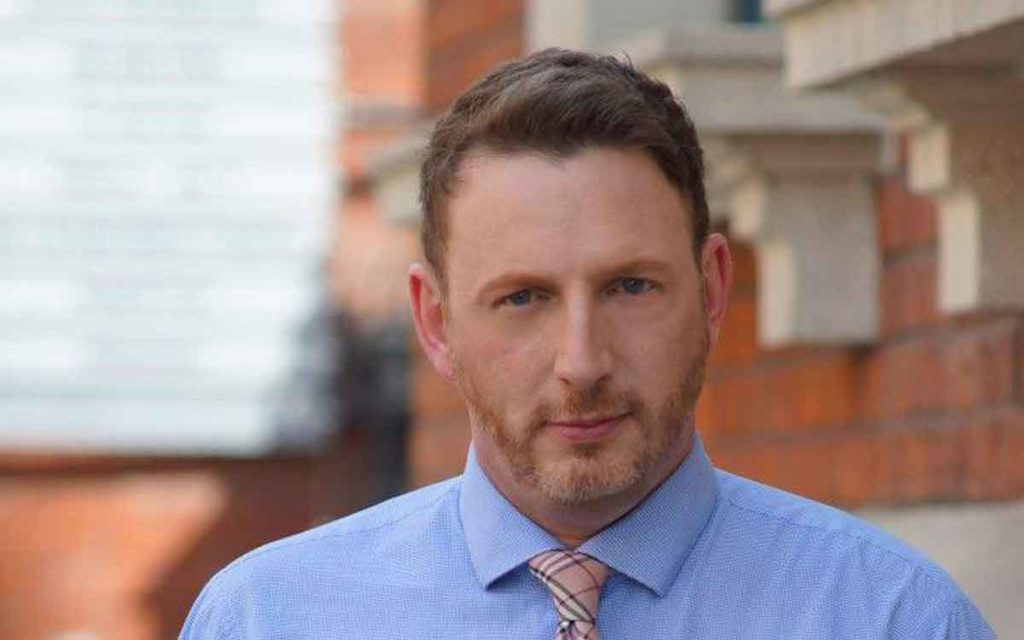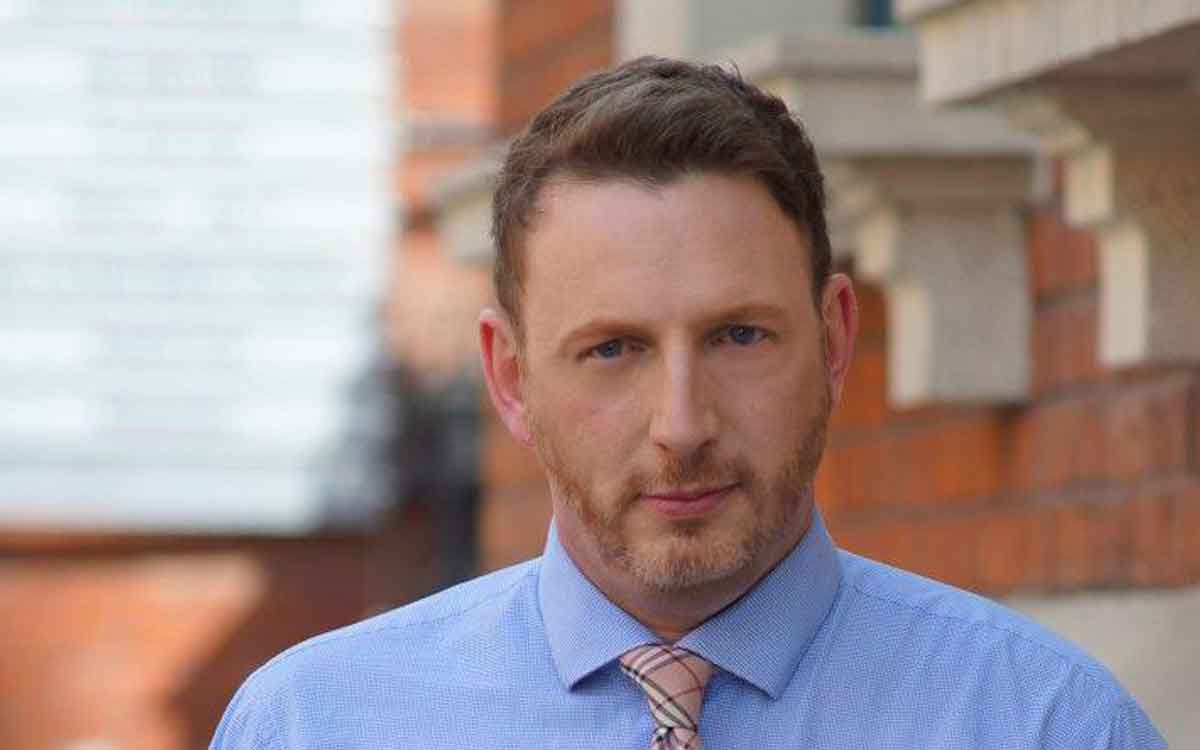
Sometime in mid-October Canadians will be waking up to the sudden realization that bill payments have gone back to normal while large swaths of the economy are still stuttering and sputtering.
Regardless of the fabled second wave of COVID-19 the economic reality in Canada is government programs are propping it up. In six months time when the mortgage deferrals are done, the various emergency benefits have dried up and debt and tax collectors are free to harass people again, the reality of the financial pain of the pandemic will hit us.
Personally, aside from some really disgusting behaviour by FirstOntario Credit Union, I’ve been able to ride out the storm. And while I’m not in the minority, many people on the edge, and barely hanging on, won’t be able to get by.
As a result many Canadians will become personally insolvent and many Canadian companies will also be filing chapter-11 – it is simply a fact. Even with the largess the government has doled out the simple fact is Canadians were not financially ready for the pandemic.
According to Statistics Canada for every dollar of after tax income Canadians owed $1.76 cents in March. And as a percentage that amount of debt to disposable income was actually down slightly to the end of 2019.
The next quarter statistics will come out soon, but the actual amount of household debt might not be dramatically increased due to COVID-19. This is in part due to the government pumping money into the economy and nowhere for that money to go.
It’s not like anyone was travelling, going out for dinner, going to see the Leafs or Raptors play or paying day-care costs though this. So many Canadians are saving the cash and anecdotally – because I speak to these guys regularly – deposits in financial institutions in Canada have actually been increasing.
Regardless of those somewhat pleasant facts we still have needed to send a backhoe into the public purse and there will be consequences of that. No doubt tax increases will be coming, one would hope that would be paired with streamlining government, but I’m not holding my breath.
The sad part about this is Canadians already struggling to pay bills will be saddled with increased tax burden, further depression of already sagging revenue and all the bills coming due.
So where do we go from here?
Well, while it’s rare for me to disagree with NDP Leader for now Jagmeet Singh, kidding I do it all the time, we can’t go on his never-never plan with emergency response benefits.
Aside from the overall cost, there is also the issue of getting the economy going and people not being available to work. Saying that to anyone from the left and they lose their mind, but it is a fact people are turning down jobs because they make more on benefits.
It is such a problem that even Prime Minister Justin Trudeau acknowledged it both in his combating CERB fraud legislation and in his cottage talk on Monday when he said people would be punished for refusing reasonable job offers. This followed the creation of a snitch line to catch bad actors.
The bill didn’t pass the House of Commons and strangely the reason Singh opposed it was a charge provision that is attached to summary convictions. The whole $5,000 fine and/or six months in jail. Hyperbolic as that is, it was presented as “cheat CERB, go to jail.”
I would note these same charge provisions exist federally and provincially and enforce things like spitting on the sidewalk. They are used to frighten and pump up lawyer fees, but rarely ever to actually enforce law. I say strangely because Singh is in fact a lawyer and knows this.
Regardless, the truth is the CERB payments work out to the equivalent of a $28,000 a year full time job – $15.30 cents an hour. Well, actually a lot less than that when you work in taxes and employment taxes – E.I and CPP. But the money deposited into the bank is the same as if you worked 35 hours a week at roughly $15.30 an hour.
So if you were working a couple jobs at minimum wage and not always getting 35 hours a week who would blame you from taking CERB? And legitimately, if you can make more collecting CERB than working, well we do live in the millennial generation.
It is not enough for most to choose not to go to work, but it is happening and that is slowing the reopening of many small businesses. So in this I agree with the prime minister obfuscating and not jumping on board with Singh.
I also believe the legislation isn’t needed and CRA and the snitch line can be used to go after frauds.
So while CERB was a necessary benefit and the lack of oversight a necessary evil, as the economy starts to wake up in the pay-cheque to pay-cheque small business world CERB needs to end. If for no other reason than knowing we’ll have money if that feared second-wave does come.
Even with all of this the next step isn’t going to be about doling out money, it is going to be about supporting people through other means. Creating interest free tax payment extensions and encouraging financial institutions to work with their customers and make sure the regulatory tools are there to make that happen.
The really sad truth not since Dickens’ Scrooge will there be a greater divide in haves and have-nots at Christmas. So now the focus needs to be on how we deal with a time when the government largess is over, not simply extending it.

Kelly Harris is Principal of Harris Public Affairs. He is a regular commentator on Global News Radio 640. He has spent the last decade working with Canada’s credit unions and served as Director on the Board of the Canadian Credit Union Association. An internationally published journalist, he has held senior positions in the Gordon Campbell government in British Columbia and Tim Hudak’s opposition at Queen’s Park. An avid traveller, cyclist, member of Bills Mafia and die-hard fan of the Toronto Maple Leafs.




















